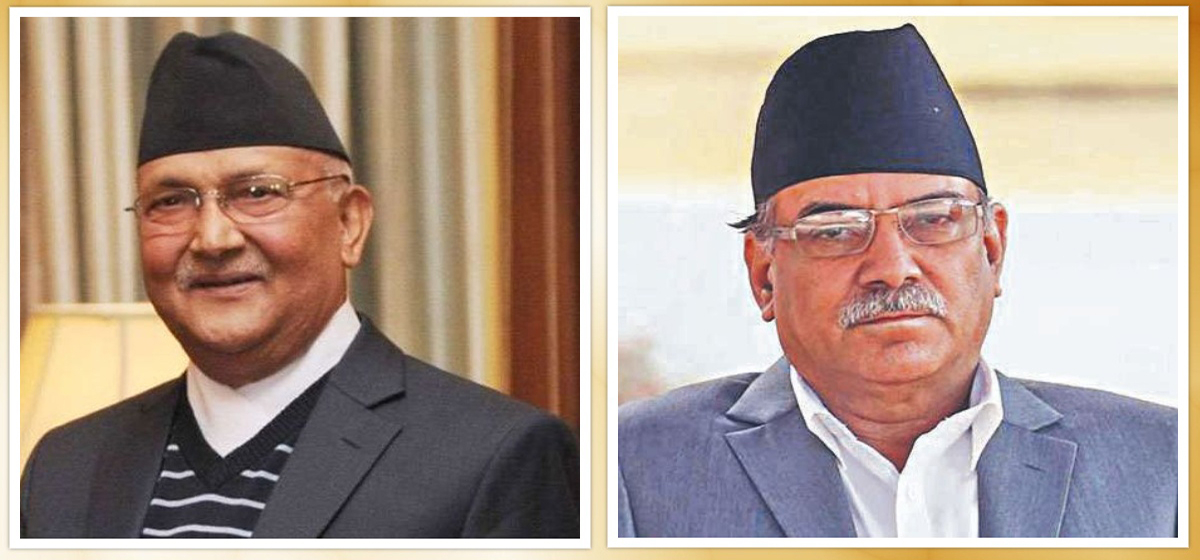KATHMANDU, April 27: As the Election Commission (EC) abides by every order given by the ruling parties and the government, one finds a reason to call into question its efficacy.
The EC had been expressing its commitment to hold the local polls on May 14 following the government’s decision to hold the local polls on that date. It made all preparations for the local polls in the full swing.
However, at a time when the EC completed such major preparations for the local polls slated for May 14 as the implementation of the election code of conduct, printing of ballot paper, publication of voter rolls and the appointment of chief retuning officers and returning officers, the government and the agitating Madhes-based parties forged a consensus to hold the local polls in two phases-May 14 and June 14. The EC did not object to it. Instead, it accepted it and made public revised election schedule.
EC directs govt to ensure security for national assembly electi...

Former Chief Election Commissioner Surya Prasad Shrestha argues that it is not appropriate for the EC to accept every decision made by the government since the EC is a constitutional entity. “The EC should take care of its image and its working procedures “, said Shrestha.
The EC decided to abide by the government’s decision without holding discussions with the opposition party or any party other than the ruling ones.
“The government decided to hold the local polls in a single phase. All preparations were made by the EC accordingly. At such a situation, the government made a decision to conduct the local polls in two phases. The EC accepted the decision quickly without protesting. It is an extremely irresponsible act”, added Shrestha.
According to law, the election code of conduct should be implemented immediately after the declaration of the election date. But the EC agreed to push the starting date of the implementation of the election code two weeks away under the government’s pressure. During that period, the government reshuffled high level bureaucrats with a view to swinging the local polls in the favor of the ruling parties. But the EC turned a blind eye to such sensitive bureaucratic reshuffling.
Even after the implementation of the election code of conduct, the government transferred and promoted important government personnel after the EC allowed it to do so violating the election code of conduct.
Even when the government made a decision to hold the second phase of the local polls just about two weeks after annual budget speech, which is bound to swing the local elections in favor of the ruling parties, the EC remained as a silent spectator.

































